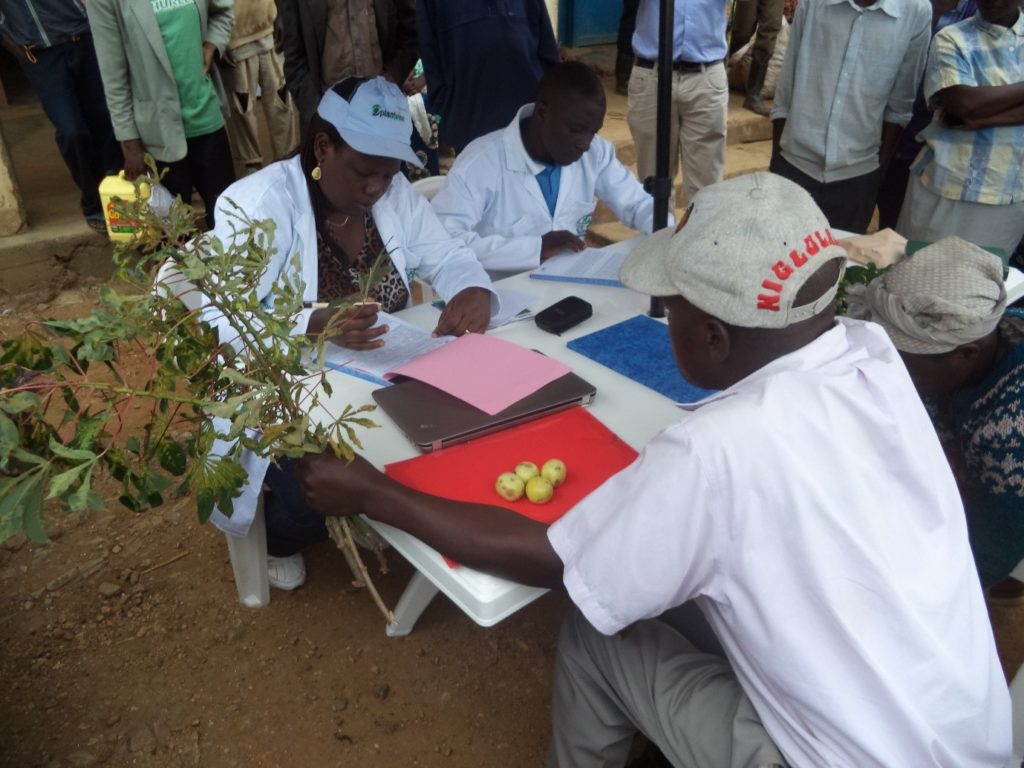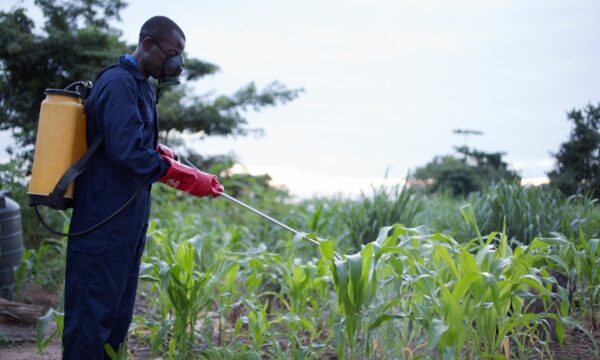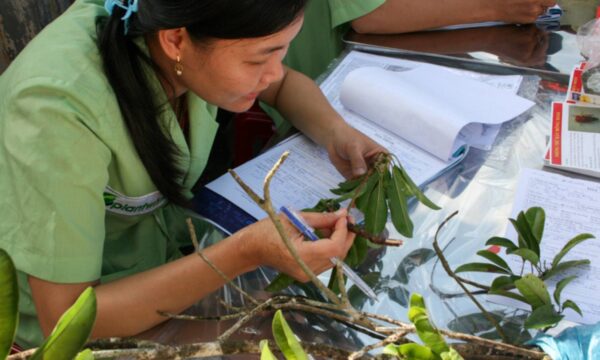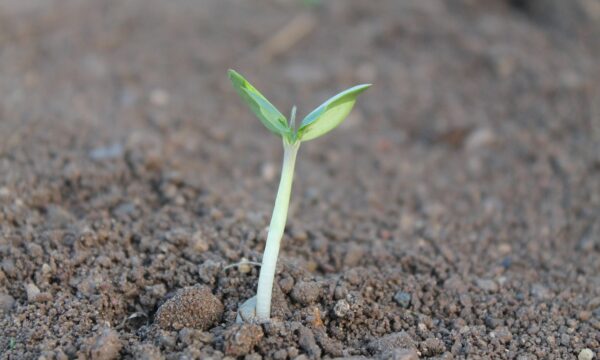
Astonishingly, an estimated 40% of crop loss worldwide can be attributed to pests. This statistic that is especially devastating in developing areas where crops are a source of food, income and livestock feed amongst other uses and could be prevented if methods were available.
To help combat plant health issues and as a commitment to contribute to the Sustainable Development Goal (SDG) 2 of ending hunger, achieving food security and improved nutrition by 2030, CABI developed a global plant health programme, Plantwise, in 2011 with the aim of improving rural livelihoods by reducing crop losses.
One of the key components of the Plantwise programme is the establishment of plant clinics, where farmers who are experiencing plant health problems can take samples of their ailing crops to trained plant health officers (referred to as plant doctors) for free diagnosis and recommendations on how to manage the problem.
The approach is considered a promising model for solving farmers’ challenges in accessing demand-driven plant health diagnostic and advice – helping to detect pest outbreaks and provide one-on-one regular plant health services at easily accessible locations.
A new study published in the Journal of Agricultural Economics, the first to investigate the contribution of plant clinics to the ‘zero hunger’ goal, CABI analysed the effects of plant clinics on food security of smallholder maize-producing households in Rwanda, where 66 plant clinics have been established.
Results from the research show that participation in plant clinics is associated with a reduction in a variety of different aspects of household food insecurity.
Firstly, there was a decrease in the duration of household food insufficiency household food insufficiency by a total of one month. Researchers observed there was a reduction of food insecurity by 15% – and furthermore a drop in severe food insecurity situations by a staggering 88%.
Additionally, there was a 73% reduction in the probability that a household ran out of food, a 43% decrease in a household member being hungry but did not eat, and a 66% drop in households that went without eating in the month leading up to the survey.
Interestingly, participation in plant clinics resulted in a 2% increase in household consumption of diverse diets – suggesting they have a place in not only diminishing food insecurity but also increasing healthier living and an improved quality of life.
The researchers also examined how plant clinic use contributed to improved food security. Their enquiry showed that plant clinics increased the adoption of multiple crop protection techniques, which resulted in an increase in maize yield, sales and income, and consequently the decrease in food insecurity.
Overall, this study shows that plant clinics can play a very important and beneficial role in achieving the Sustainable Development Goal 2 of zero hunger and they hold great potential for improving household food security – something which is particularly noteworthy in light of the rise in world hunger in recent years and the increasing threats from invasive pests.
Full paper reference
Tambo, J.A., Uzayisenga, B., Mugambi, I. and Bundi, M., ‘Do Plant Clinics Improve Household Food Security: Evidence from Rwanda,’ Journal of Agricultural Economics, 2020, DOI: 10.1111/1477-9552.12391
The paper is available as an open access document here: https://onlinelibrary.wiley.com/doi/full/10.1111/1477-9552.12391
CABI gratefully acknowledges the financial support of the UK Department for International Development (DFID), the Swiss Agency for Development and Cooperation (SDC), the Directorate General for International Cooperation (DGIS, Netherlands), the International Fund for Agricultural Development (IFAD), the Australian Centre for International Agricultural Research (ACIAR), and the Ministry of Agriculture of the People’s Republic of China for the Plantwise programme.
Related News & Blogs
How do pest risk registers address the spread of plant pests in Africa?
Pest risk registers can help to solve problems in agriculture, addressing the growing global threat of plant pests. Moreover, changing weather patterns, led by rising temperatures, are causing them to reproduce faster and expand into new regions. In ad…
10 July 2025




